NGOs in Girl Child Education: Have we truly managed to empower the girl child in our society? Even though there has been some progress, many areas still face problems where girls don’t get the same educational opportunities as boys. This often happens because of outdated beliefs and resistance to change, which prevent girls from accessing education and other opportunities.
Empowering girls is a collective effort by NGOs in girl child education. It needs both policy changes and community support. By working together, we can overcome barriers and ensure that every girl has the chance to succeed and make a positive impact.
To tackle these issues, both the government and NGOs in India are taking action. The government has introduced policies to support girls’ education, while NGOs work on the ground to provide support and advocate for change. Their combined efforts are crucial in making sure that policies reach the people who need them the most.
Let us dive deep to understand what defines NGOs that work for girls’ and children’s education and how their work has a long-lasting impact on our society.
Table of Contents
What Are NGOs In Girl Child Education?
Non-governmental organisations (NGOs) are essential for advancing girls’ education, particularly in locations with notable gender gaps. To guarantee that girls have equitable access to educational opportunities, these groups concentrate on several important areas.
Objective of NGOs
First, NGOs aim to remove obstacles including poverty, cultural prejudice, and safety worries that keep females from going to school. They put into practice financial assistance initiatives, such as scholarships or free school supplies, and they establish secure, encouraging learning environments. To guarantee that girls can travel to school safely, this frequently entails constructing schools in isolated locations and offering transportation services.
Secondly, NGOs are instrumental in advocating for and implementing policies that promote gender equality in education. They work with local governments and communities to challenge discriminatory practices and push for reforms that support girls’ education. This advocacy extends to raising awareness about the value of educating girls and the benefits it brings to entire communities.
Additionally, NGOs offer programs specifically designed to address the unique challenges faced by girls. These may include mentorship programs, life skills training, and support for overcoming issues such as early marriage or pregnancy. By focusing on the holistic development of girls, NGOs help them build confidence, leadership skills, and a brighter future.
Challenges Faced by NGOs
Even with the enormous efforts made by NGOs to improve girls’ education, several obstacles still exist:
1. Social and Cultural Barriers
Education for boys is frequently given priority over that of girls due to ingrained cultural standards and society views. Traditional views in many societies may emphasise that girls should concentrate on household duties or that girls’ education is not as significant. These beliefs may make it more difficult for girls to continue attending school and obtaining an education.
2. Economic constraints
The inability of many families to pay for school fees, uniforms, or other educational expenses is still a significant obstacle. Families in low-income communities may place a higher value on the immediate financial contributions of their kids, especially girls than on the long-term advantages of education.
Also Read: UNDP and Its Partnership with India
3, Inadequate Infrastructure
Many areas lack adequate educational infrastructure, such as schools, classrooms, and teaching materials. This is particularly problematic in remote or underserved regions where establishing and maintaining schools can be challenging.
4. Limited Access to Quality Education
Even when girls do manage to attend school, they may face issues such as a lack of trained teachers, outdated curricula, and inadequate resources. This can affect the quality of education and limit the effectiveness of learning.
5. Health Issues
Health problems, including malnutrition and disease, can disproportionately affect girls and impact their ability to attend and perform well in school. NGOs often need to address these health challenges as part of their educational programs.
Impact Created by NGOS
Considerable progress has been made in the education of girls with the efforts of non-governmental organisations.
- With NGOs working, higher rates of enrollment and attendance indicate that more girls are pursuing an education, which benefits both their academic standing and prospects in the future.
- NGOs work to create societies that are healthier, better educated, and more equal where girls who have education are more confident and can pursue greater economic opportunities, which benefits their families and communities. It also helps minimise gender inequality and fosters broader social and economic growth.
Also Read: Role of UNESCO in Education
Some NGOs In Girl Child Education
K.C Mahindra Trust
Ever since it was founded in 1953, the K.C. Mahindra Trust has undertaken several initiatives to improve the lives of deserving students through education. The Trust’s ‘Project Nanhi Kali’ is one of India’s most extensive programmes that enables underprivileged girls to complete ten years of schooling.
Under the project, young girls from underprivileged backgrounds receive academic support and annual supplies of school kits to assist them in their studies and attend school with dignity. The project has supported over 4.5 lakh girls ever since it was launched in 1996
Aarti for Girls
Aarti, part of the Vijay Foundation Trust, is an NGO based in Kadapa, Andhra Pradesh, dedicated to improving the lives of women and girls in a region marked by poverty and gender discrimination. Established in 1992, Aarti began with a mission to care for abandoned children and has since grown to impact over 100,000 women and children.
The organisation operates various initiatives including Aarti Home for shelter, Aarti School for Education, Lalitha Women’s Centre for Financial Empowerment, and advocacy programs to combat gender discrimination. Through these efforts, Aarti strives to enhance the well-being and opportunities for girls while fostering community development.
Ibtada
Ibtada is a dedicated organisation working in Alwar district, Rajasthan, focused on the empowerment of women and girl children. The foundation supports women’s institutions by promoting Self-Help Groups (SHGs), clusters, federations, and production companies, aiming to enhance their livelihoods and ensure they have access to their rights and entitlements.
For girls, Ibtada provides comprehensive support including direct and supplementary education, life skills development, computer literacy, and vocational training. The foundation also facilitates transport to schools and colleges and offers financial assistance for college fees. Additionally, Ibtada collaborates with the government education system to improve school environments, enhance learning outcomes, and strengthen school management committees. Through these multifaceted efforts, Ibtada is committed to fostering education and empowerment for girls while contributing to broader community development.
Also Read: Role of UNICEF in Education
Dream Girl Foundation
Founded in 2003, the Dream Girl Foundation is a prominent non-profit organisation dedicated to improving the lives of underprivileged girls. Operating primarily in the capital, the foundation aims to alleviate the hardships faced by these children.
Believing that education is crucial for development, the Dream Girl Foundation focuses on providing educational opportunities to enhance the future of both the girls and the nation. Committed to ensuring that every woman leads a respectful and dignified life, the foundation works tirelessly to empower and uplift young girls.
Conclusion
Empowering the girl child is not just an act of justice; it is an investment in a brighter future. As we move forward into 2024, the prominence of women in key roles—such as the President of India and the Chairperson of ISRO—demonstrates the incredible potential and leadership capabilities of girls when given the opportunity.
As Malala Yousafzai wisely said, “We realise the importance of our voices only when we are silenced.” By supporting and educating young girls today, we are shaping a future where they can lead, innovate, and inspire. The future is indeed girl, and by empowering them, we are ensuring a stronger, more equitable world for all.


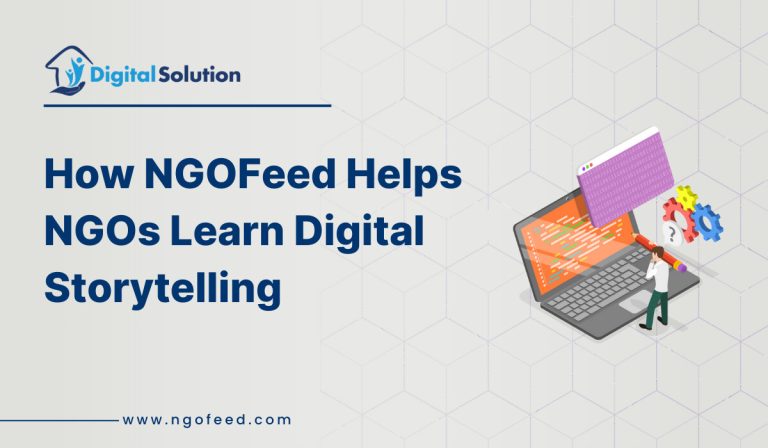
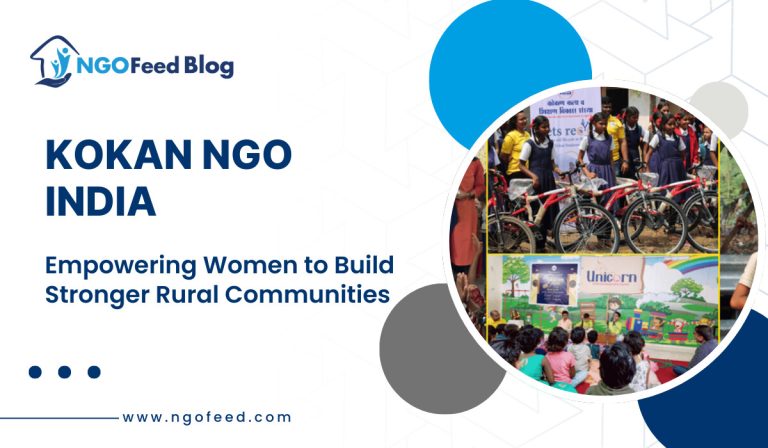
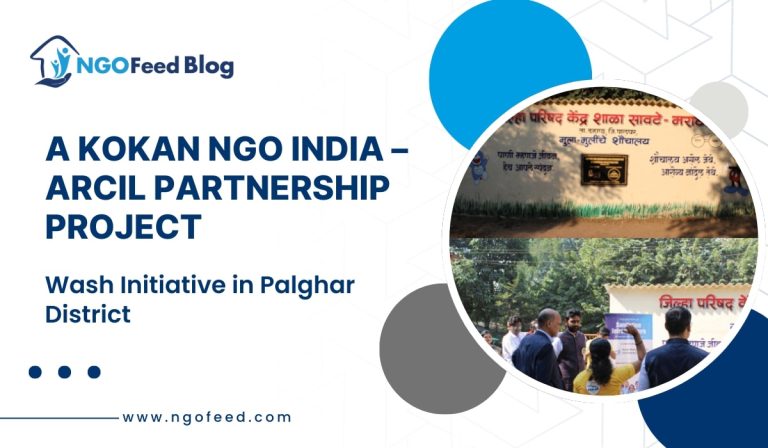
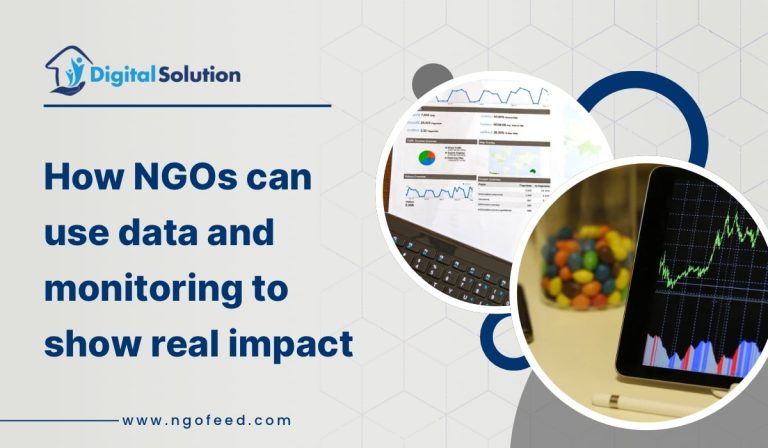
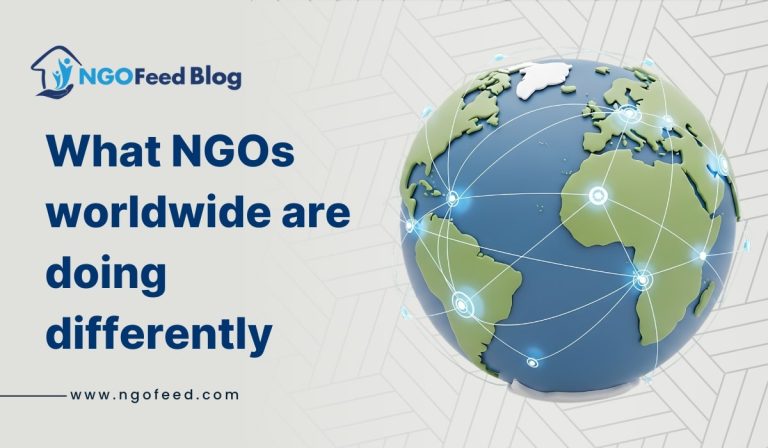
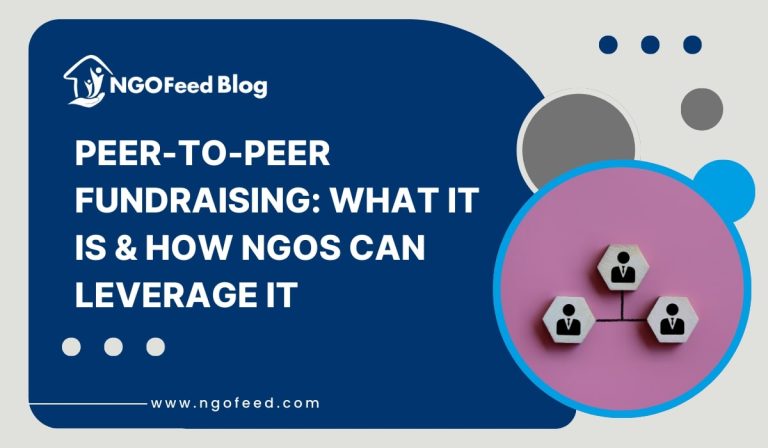
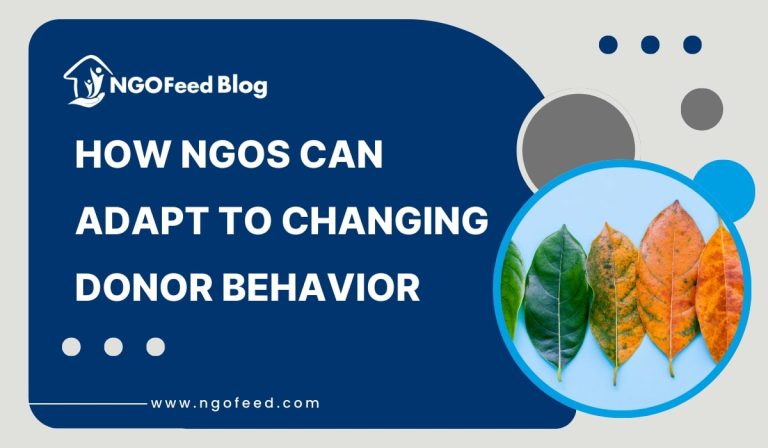
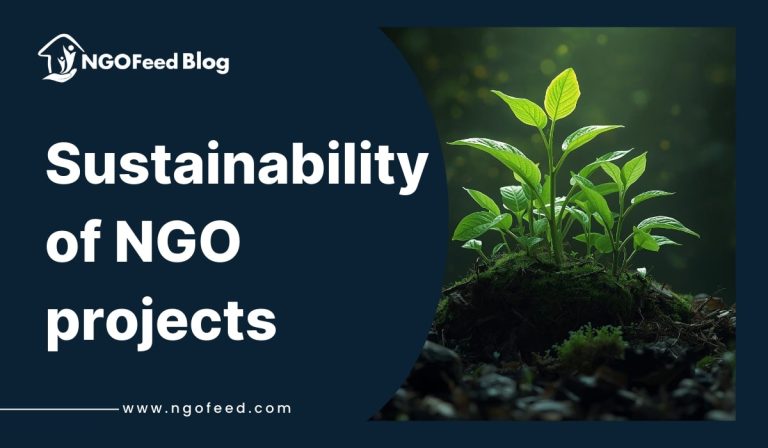
Good morning,
We need education funds for 3 female girls who parents are economically weaker like normal rickshaw driver, sweeper.so if you can provide us with that help.